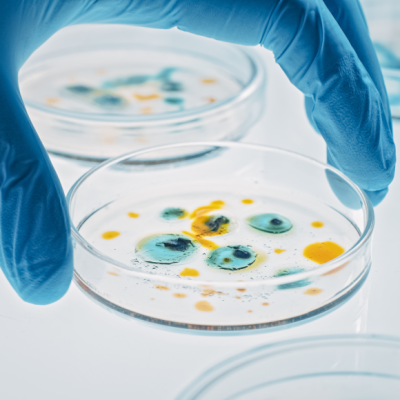In a groundbreaking medical achievement, doctors have successfully transplanted a pig kidney into a human for the first time. The transplant was made possible by genetically modifying the pig to prevent the usual rejection response. The kidney functioned normally in the recipient, a brain-dead patient suffering from kidney failure. The shortage of human donor organs has led medical researchers to explore the possibility of using animal organs for transplantation, with pigs being the focus of recent studies. However, the presence of a foreign sugar in pig cells has previously caused immediate organ rejection in humans. The successful transplant was made possible by using a genetically modified pig that did not contain the problematic sugar.
The transplant was carried out by a team of doctors led by Dr. Robert Montgomery at NYU Langone Health in New York. To monitor the kidney’s function after the transplant, the doctors placed the organ outside the patient’s body and used a pair of large blood vessels from a deceased patient. The kidney was found to filter waste products and produce urine, indicating that it was functioning normally. Dr. Andrew Adams of the University of Minnesota’s medical faculty described the result as “an important step” that shows patients, researchers, and regulatory authorities that “we are moving in the right direction.”
The successful pig-to-human kidney transplant represents a significant breakthrough in the field of organ transplantation. The use of genetically modified animals could potentially provide a solution to the shortage of human donor organs, saving countless lives. However, further research is needed to ensure the safety and efficacy of this approach. The medical community will be closely monitoring the progress of this groundbreaking procedure, which could pave the way for more successful animal-to-human organ transplants in the future.










